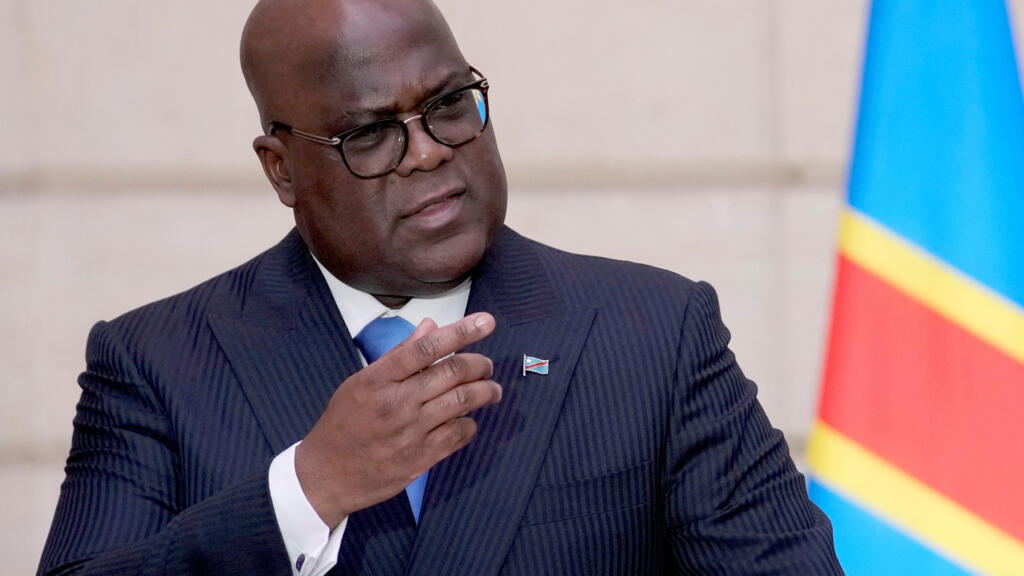
In the Democratic Republic of Congo (DRC), the state of public enterprises paints a troubling picture of systemic failure, yet the minister responsible, Jean-Lucien Bussa, remains firmly entrenched in his post.
His continued presence at the helm of the Ministry of Portfolio, despite years of dismal results, raises uncomfortable questions about the true dynamics driving political appointments in the country.
Since taking office, Minister Bussa has overseen a sector plagued by underperformance and decay. Official reports reveal that no state-owned enterprise has turned a profit in three years. Instead, public companies operate under poor governance, with unacceptable management practices, bloated salaries, mounting social and operational debts, and soaring operating costs.
Once the backbone of the national economy, companies like Gécamines now stand as symbols of waste and missed opportunity. During the 1970s, Gécamines alone financed two-thirds of public expenditure; today, it epitomizes the broader decline afflicting Congolese state enterprises.
Confronted with these challenges, Bussa’s responses have largely been cosmetic. His tenure has been marked by seminars, diagnostics, and empty reforms.
The much-publicised General Assembly of the Portfolio in December 2024 offered no concrete change, despite grand promises to “put businesses back at the heart of the economy.” Efforts such as meetings with justice officials to tackle “unfair judgments” have failed to produce tangible improvements.
The persistence of Bussa in office, despite these failures, is explained less by performance than by political loyalty. Having served under former president Joseph Kabila, his allegiance to the ruling power seemingly outweighs any demand for results.
In the DRC’s political landscape, competence is often sacrificed in favour of allegiance, with key posts awarded based on patronage rather than merit.
Public enterprises, rife with corruption, serve as bastions of privilege for an elite indifferent to results, often rehabilitating those accused of embezzlement. No significant international contracts have been secured, and no successful restructuring has materialised, despite repeated diagnoses.
Bussa appears content to highlight problems—mismanagement, internal rivalries—without addressing them, turning his ministry into a theatre of impotence.
The DRC now faces an urgent need for radical change: replacing political loyalists like Bussa with competent managers free from clientelist networks, and subjecting public companies to genuine audits.
The country’s future depends on appointing experts, not political cronies. Bussa’s continued tenure reflects a systemic malaise: a political system that rewards failure when it serves powerful interests.
Without a shift to meritocracy, DR Congo’s public enterprises will remain stagnant, condemning the nation to ongoing underdevelopment.
How can a minister whose legacy is defined by travel, speeches, family appointments, and the rehabilitation of sanctioned embezzlers, with zero measurable results, remain in power? The time for change is now.



